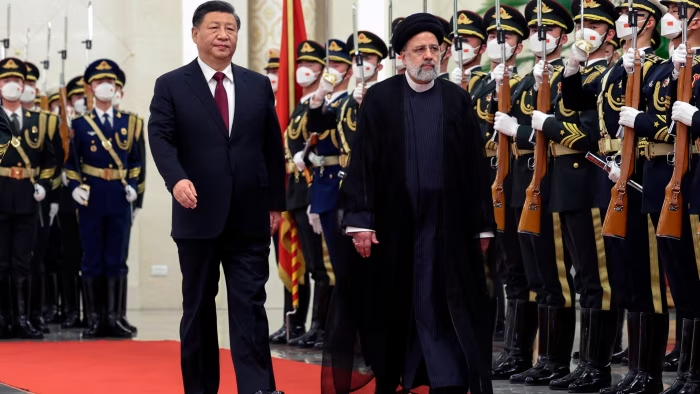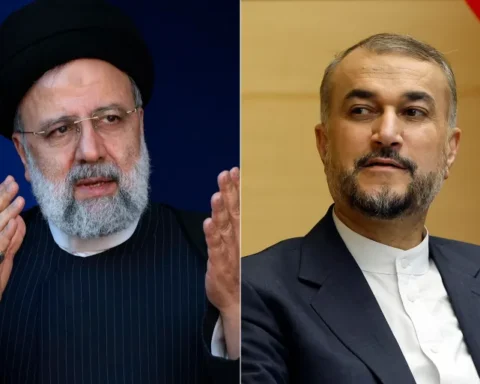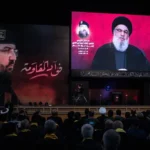The Financial Times: The Israel-Hamas conflict is proving to be a litmus test for China’s aspirations to exert greater influence in the Middle East, a region traditionally under U.S. dominance. While the U.S. maintains its military and diplomatic lead in the region, China’s rapid economic expansion has enabled it to trade more with most Middle Eastern countries than the U.S. does. China’s relationships with nearly all countries in the region, including Iran—a key backer of Hamas and Lebanon’s Hizbollah—suggest that Beijing may have the clout to prevent further escalation in the area.
China’s increasing political engagement in the Middle East aligns with President Xi Jinping’s vision for Chinese leadership in the “Global South” and was further evidenced by its role in bringing Middle Eastern countries into the BRICS grouping and brokering a detente between Saudi Arabia and Iran. However, China’s neutral stance during the Israel-Hamas conflict has raised doubts about its ability to effectively mediate in the region, drawing criticism from both Israelis and western nations.
While China has traditionally supported the Palestinian cause, it also has economic ties with Israel. The current conflict has seen China’s pro-Palestinian leanings resurface, with state media blaming the U.S. for the crisis, a move that has frustrated some in Israel. Analysts question whether China’s ambitions will survive the complexities and volatility of the Middle East. The country’s ability to influence Iran could be a bargaining chip with the U.S., but the crisis exposes a crucial moment for China to prove its regional influence—or lack thereof.
The entire article can be read at the link https://www.ft.com/content/dbb1c37f-d261-4338-b585-04dfd93d9e55











